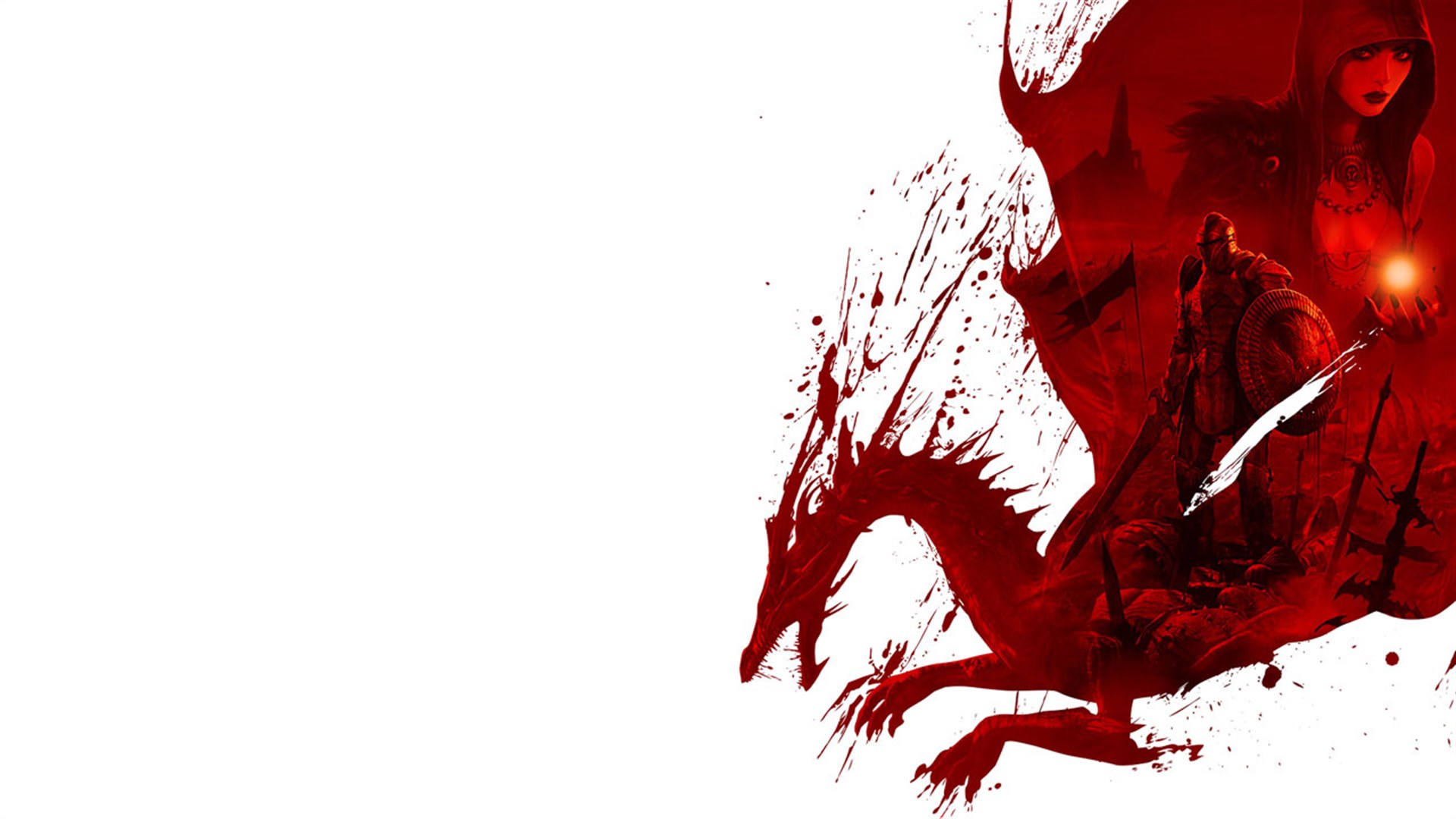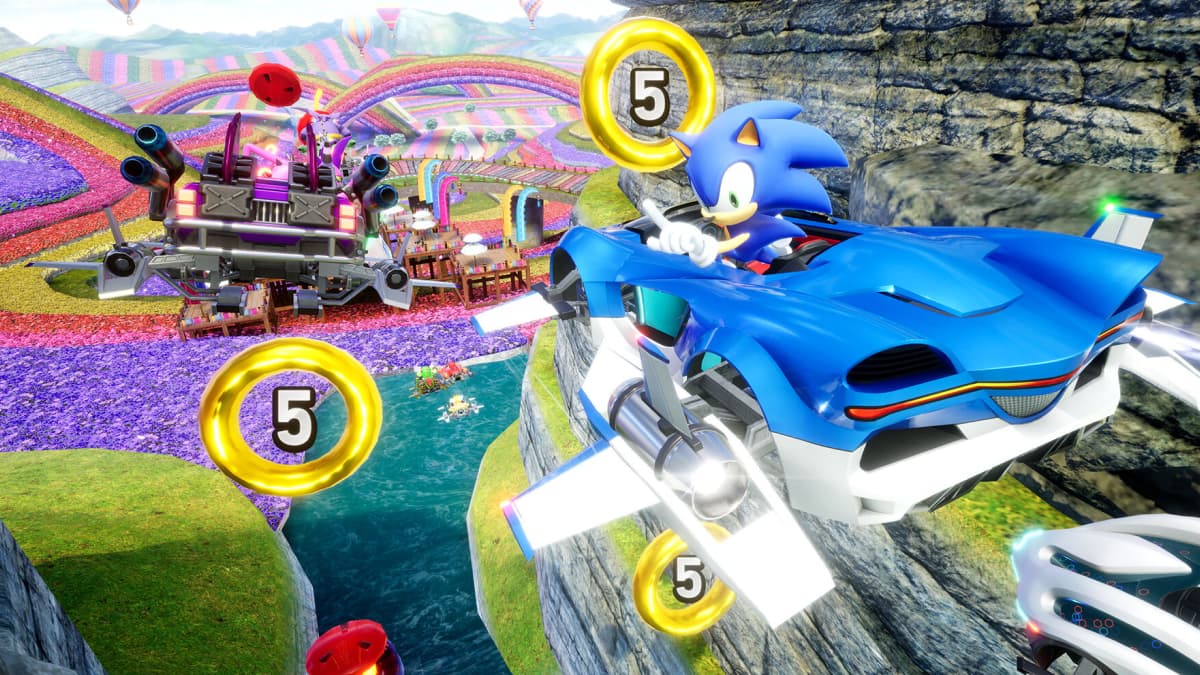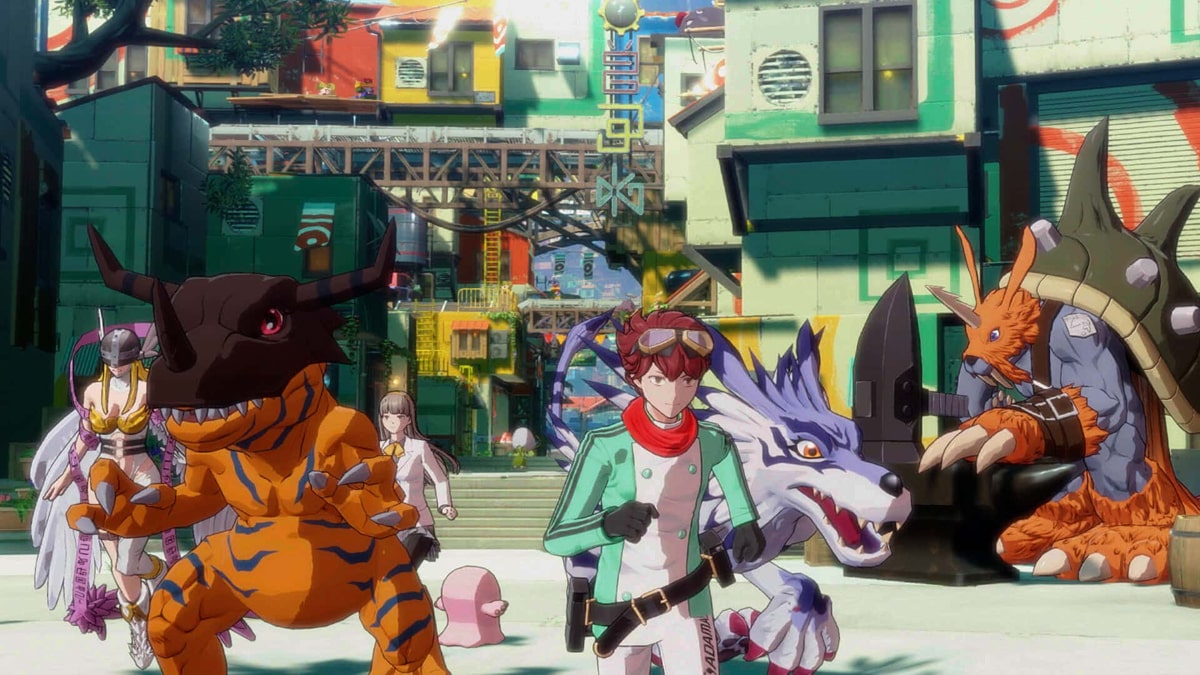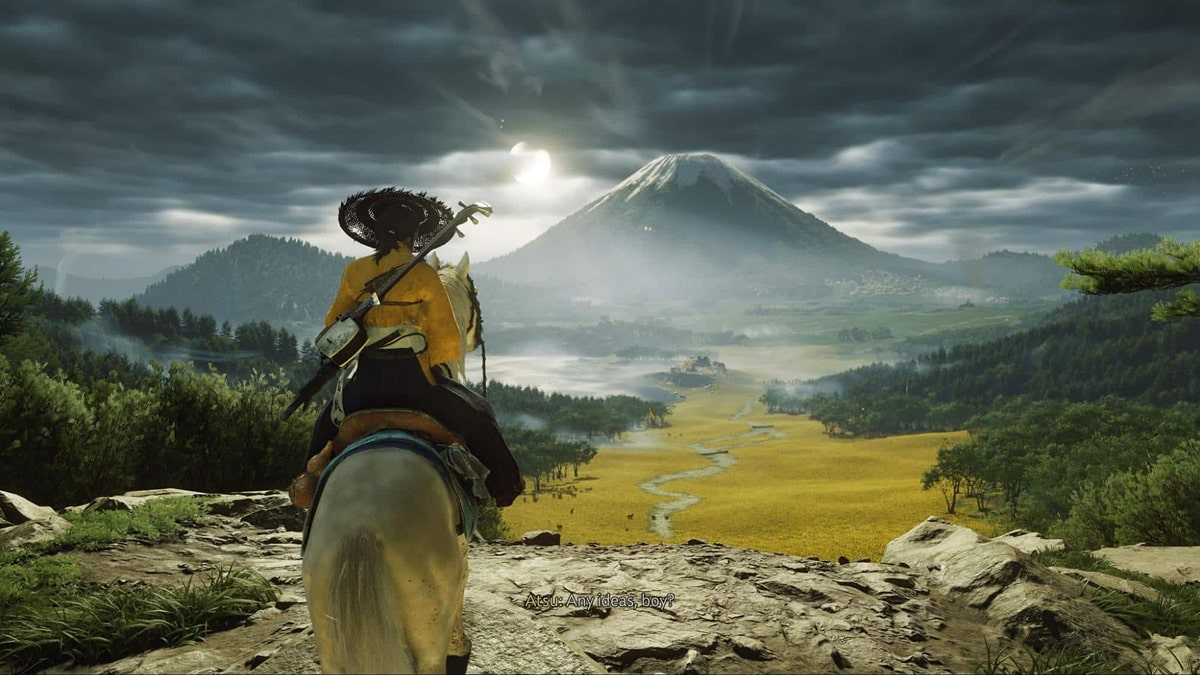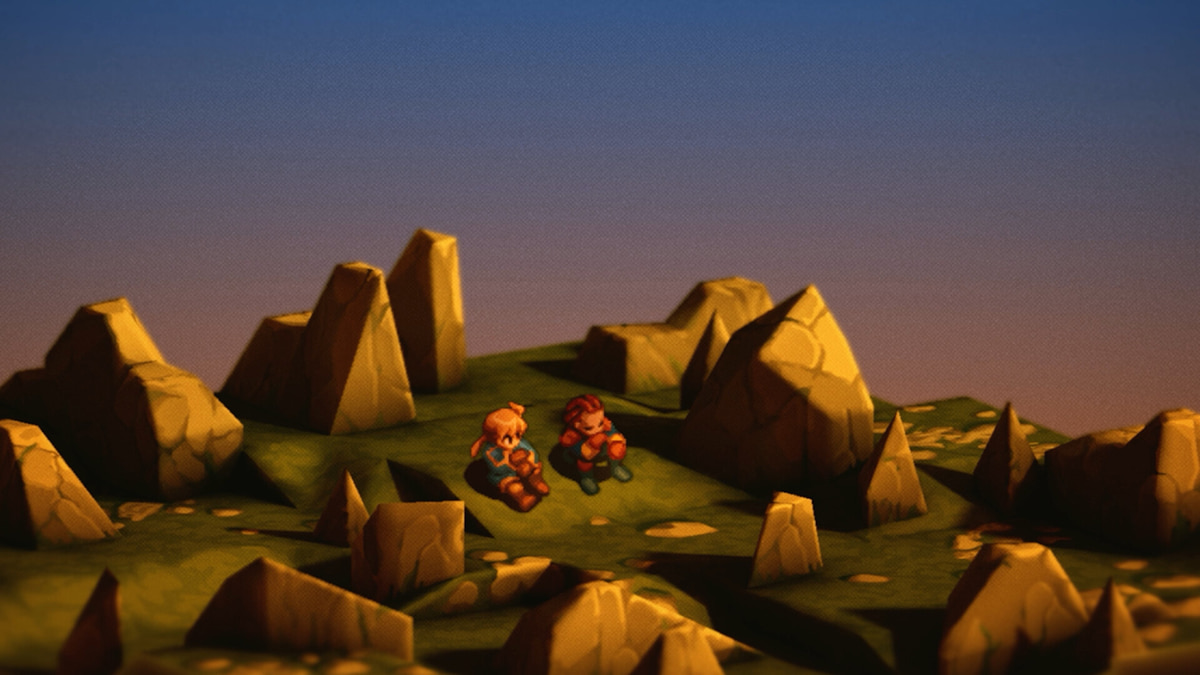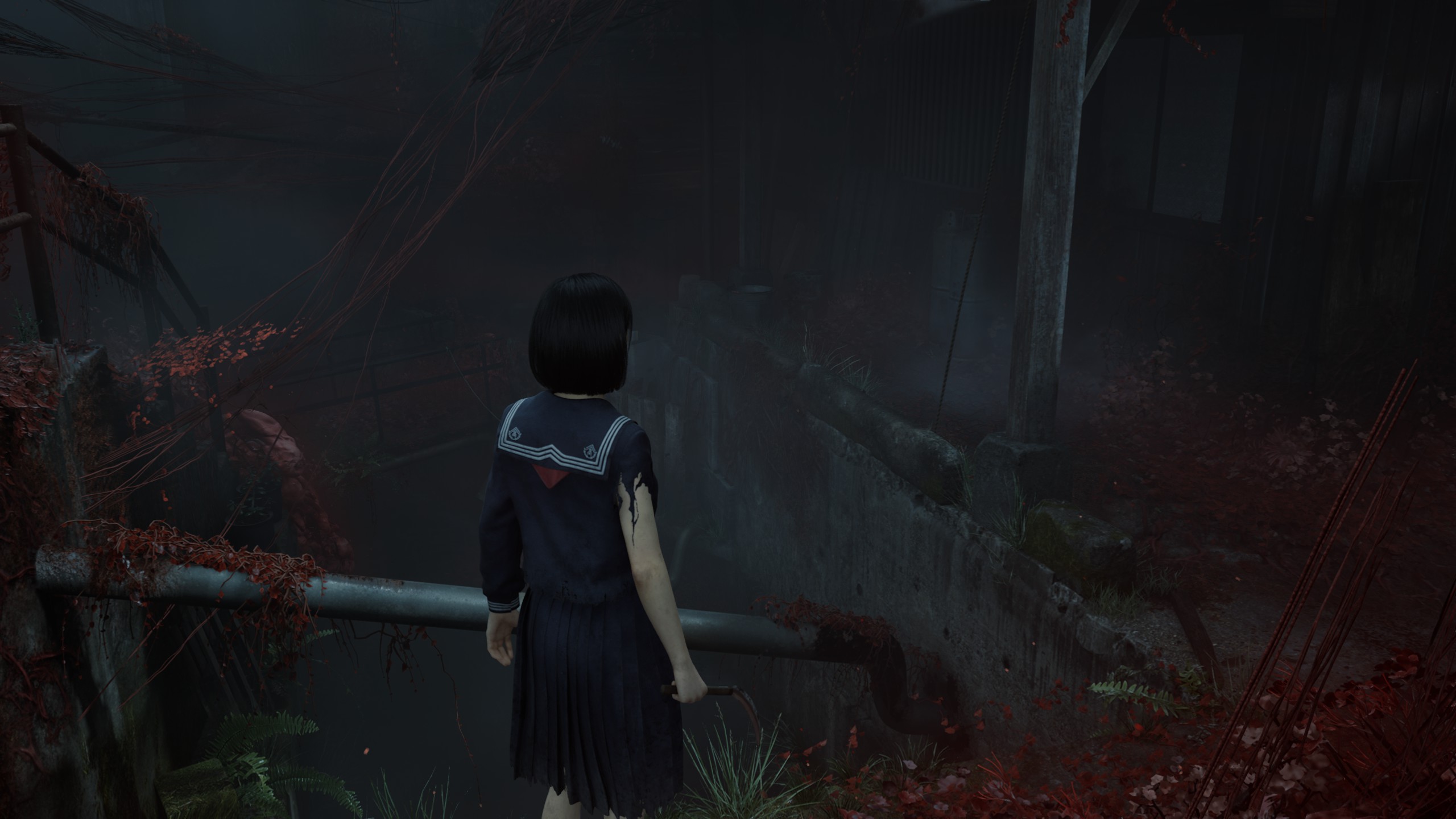You can trust VideoGamer. Our team of gaming experts spend hours testing and reviewing the latest games, to ensure you're reading the most comprehensive guide possible. Rest assured, all imagery and advice is unique and original. Check out how we test and review games here
It is a giant leap back in time. It is an old school fantasy RPG for old school fantasy RPG fans. It is a 100 hour epic for those with the time and patience to experience it. It is a step in the wrong direction for some, but, for a chosen few, it is a step in the right direction.
Not for them is the third-person cover-based shooting of Mass Effect. Not for them are radial dialogue wheels. Not for them are cinematic camera angles and film grain effects. Not for them are trendy science fiction shotguns and power wheels mapped to controller shoulder buttons. For them, top down camera angles, text-based dialogue and spells and swords and rings and Dwarven chainmail are as welcoming as a camp fire set in an elven forest.
This is Dragon Age: Origins, BioWare’s latest RPG epic. It is a game that modern day BioWare fans, schooled on the Canadian studio’s skill in making console RPGs accessible without sacrifice, may have imagined as Mass Effect in Oblivion’s clothes. They were wrong. Dragon Age is archaic. It is the spiritual successor to BioWare’s own Baldur’s Gate series, which last saw a release in 2001 with Baldur’s Gate II: Throne of Bhaal. It is a game that reeks of decade-old PC mechanics, both good and bad. It is a game designed for the mouse and keyboard interface of the PC, and for PC fans familiar with the genre’s jargon. Pause-and-play combat, spell combinations, aggro, tanking, dispelling, buffing, ranged DPS, melee DPS, talents, skills, willpower, constitution, rogues, warriors, mages, humans, dwarfs, elves… for the Dragon Age fan these terms are as familiar as the simple act of clicking on a line of unspoken dialogue.
This is not to say Dragon Age is a poor game – it is superb, in fact. It sucks you in from the moment it begins, and, like the best page-turners, leaves an itch in your mind. In the shower, on the bus, at work, in meetings, over dinner, Dragon Age’s gargantuan world is there, compelling you to return like an addict seeking a hit of relief.
This addiction sets in remarkably quickly, which is testament to the gravity of the game’s opening. Your first act is a choice; one you know will affect all that follows. Which Origin story do I wish to play? There are six: human noble, magi, city elf, Dalish elf, dwarf commoner and dwarf noble. Your starting area, your first hour with the game, and how the game’s many non-player characters react to you, is changed as a result of this choice. It’s a remarkable effort on BioWare’s part. If we were to score replayability, Dragon Age would get a 10.
I am Alexia, a female human noble. She is tall, beautiful and blonde. She favours coercion over brute force, despite her proficiency with one-handed blades and shields. She is a herbalist, able to concoct healing potions by combining flasks with Ferelden’s many plants. She began her adventure as a warrior in training – fearsome, but privileged. Her family are aristocrats, admired and respected as members of the noble house Cousland. But their cosy peace is about to be shattered: there is a darkness coming. The Blight is here. The darkspawn, evil mutant monsters, wish to purge the land of all that is good and green. Some wish to ignore the threat; others, including the mysterious and powerful warriors known as the Grey Wardens, know the truth, for they faced the darkspawn hundreds of years ago. Their mission is to first convince the races of the world to mobilise for war, then send the darkspawn back into the hole from which they crawled.
Whatever your Origin story, you end up recruited into the Grey Wardens and fighting the darkspawn in the Battle of Ostagar. It is a scene airlifted from The Lord of the Rings’ Battle of Helm’s Deep: As the battle rages below the fortress’ stone walls, as the night sky spews a relentless rain, you, along with three party members, head to a tower to signal a flanking force. Inside, darkspawn defend. You make your way to the top and slay an ogre. Blood and guts adorn your sword, armour and face. But aid does not come: You are betrayed as your ally turns its back on the battle. You escape, but only just. You find the Grey Wardens’ good name tarnished – you are blamed for the defeat. From there, you set out to spread the truth and mobilise bickering factions into action. The darkspawn have arrived, and their fury will be without mercy.
It is a familiar setup, one high fantasy fans will have seen before. Indeed, Dragon Age is a familiar game, one that does nothing new or groundbreaking. The PC version (the version tested), is particularly old school, with a tooltip-based user interface and a panned-out top-down perspective – one the console versions do not include – for easier party micro-management. The combat is a brutal, bloody, and slow clash of steel and magic. The mechanics are as they were a decade ago. The space bar pauses combat – your four-man party frozen in time as you dish out precise actions. What buffs should I trigger? What abilities should I use? What spells should my mage cast? Where should I position my rogue? Who is tanking, and what? Dragon Age on PC is unforgiving. BioWare violates the Trades Description Act with its “Easy” difficulty setting. The game demands careful planning, flanking tactics and clever use of skills. A word of advice: quick save as often as your F5 button can withstand.
Dragon Age is best, however, outside of combat. There is no judgemental morality system to suffer, no Paragon or Renegade points to earn, no Light side or Dark side of the Force to turn to. This is refreshing, especially at a time when karma systems are in vogue. Without such statistic distractions, you’re left to resolve quests with only your morals for company. Should I slay an entire race of werewolves at the behest of an Elven race whose favour I covet, or should I hear the beasts out? Should I send Morrigan, the wonderfully-voiced witch bitch mage, into the Fade in order to exorcise a boy from a demon – even if this will rob the child of his mother? If Dragon Age does one thing brilliantly, it is that there are no obvious right or wrong answers. When you reckon you’ve got the game sussed and have foreseen an outcome, that’s usually an indication that events will take an unforeseen twist. The game often surprises you. NPCs are stubborn, unflinching in their ideals and realistic in emotion. Try as you might to resolve conflicts peacefully, sometimes there is no option but to draw your sword and stick it in someone’s gut, even when that someone doesn’t deserve it.
Your decisions affect not only the game’s plot, but your relationship with your party members. Leliana, the girl-next-door rogue, approves of what you might consider “right” decisions. So does Alistair, the Templar warrior. But Morrigan, the aforementioned mage, has a mean streak. She favours chaos. Piss a party member off too often and they may desert you. Go even further and they may try to kill you. This adds risk to the acceptance of every quest and how you tackle it. If I take the time to help this random NPC out, will Morrigan disapprove? If I slay first and ask questions later, will Leliana be disappointed with me? Keeping everyone happy, massaging egos and dominating personalities, is the stuff of the Premier League manager, and a role-player’s dream.
Why should I care? Sex. Yes, Dragon Age has sex. Lots of it, in fact. You can go to a brothel in Ferelden’s capital and pay 50 silver to shag a human, an elf, or a dwarf, of any gender. Prostitution, however, is all too easy. There is no challenge. Bonking your party members is the true test of your sexual prowess. Strangely, this overshadows most other desires, including saving the world. This is your true motivation throughout your quest. Every action and decision boils down to this most basic and feral of desires: to shag. Dragon Age does not have a karma system; it has a sex system.
Unfortunately, sleeping with the object(s) of your affection is anti-climactic. The sex in Dragon Age is not sophisticated, hot or steamy. The game has an 18 rating, yet women keep their underwear on during sex. This is like the worst Hollywood sex scene: a pointless tumble where A-list actresses wear bras while simulating sex. It’s not helped by the graphics, either. Dragon Age’s sex scenes are horribly animated – Morrigan crawls around your tent like a turtle poking its head out of its shell. Faces contort as if skin is controlled by a puppeteer. The voice-acted moans and groans are the stuff of badly dubbed porn. Some will play Dragon Age purely for juvenile titillation, and the game will answer the call appropriately. And yet your sexual desire is mostly the result of genuine affection, cultivated over tens of hours spent conversing and courting and killing countless darkspawn.
The game’s visuals are generally unimpressive. Bland isn’t the correct term, nor is uninspiring – indeed the environments and characters are well detailed – it is more that there is a lack of variety and pizzazz. There is a sense that the many dungeons have been designed not by human beings with imaginations, but by complex computer programs with elaborate subroutines. Perhaps the game suffers from the bar set by BioWare’s own Mass Effect, or perhaps it’s the result of the game being over five years in the making. Whatever the reason, Dragon Age lacks the wow factor Mass Effect had in spades. It’s a Lord of the Rings aesthetic, well executed but never jaw-dropping.
It’s a fault easy to forgive, however, because the game is impossible to put down. Its world is so vast, engrossing and in depth that all but the most critical of fantasy RPG fans will find it irresistible. Your party members, all brilliantly voice-acting and with varied and interesting personalities and intriguing motives – steal the show. Levelling up comes rarely, which makes the geek-out pleasure of fussing over what to spend points on all the more potent. The world is huge, full of clever main quests and engaging head-scratchers. Combat sequences can last hours as you battle through overrun castles, underground caverns and trap-filled hideouts. There is always something to do, somewhere to go, people to speak to and monsters to slay – qualities that dull any disappointment the KOTOR-style linear structure might bring. The combat is always challenging, which more than makes up for the lack of variety. Dragon Age pushes the well-worn RPG buttons with such experience that fans of the genre will lose entire evenings to the game in what feels like a blink of an eye.
Others, however, will wonder what all the fuss is about. They will find the silent protagonist, aka you, a poor substitute for Commander Shepard’s fully voice-acted third-person personality. They will find selecting unspoken lines of dialogue an evolutionary regression from Mass Effect’s dynamic conversation wheel. They will find the combat requires a pause too often. In short, they will find the game… old. Of course Mass Effect fans are capable of enjoying Dragon Age – I am one myself. This is merely a warning. Do not buy the game expecting Mass Effect in Oblivion’s clothes. Do not create a character expecting an adrenaline-pumping 20 hour Hollywood adventure. Do not pick a fight with an NPC expecting your skill with a targeting reticule to carry you to victory. You will die, quickly. “Your journey will end,” as the game says, often.
Instead, expect hundreds of hours of fan service condensed into a familiar experience. With Dragon Age: Origins BioWare is giving something back to lovers of Neverwinter Nights and Baldur’s Gate. Its role-playing is superb, but not revolutionary. It is a fantasy RPG so obviously crafted for the PC that it seems pointless to consider playing it on an alternative platform. It is an experience as compelling as it is archaic. This trip back in time to the glory days of the PC is welcome, but it makes you appreciate the advances made by modern day RPGs Mass Effect and Fallout 3. They don’t make them like they used to, grumpy 30-something PC gamers claim. BioWare does, and you should be grateful.
Dragon Age: Origins
- Platform(s): macOS, PC, PlayStation 3, Xbox 360, Xbox One
- Genre(s): RPG

/https://oimg.videogamer.com/images/291c/dragon_age_140.jpg)
/https://oimg.videogamer.com/images/94dd/dragon_age_136.jpg)
/https://oimg.videogamer.com/images/8d2f/dragon_age_139.jpg)
